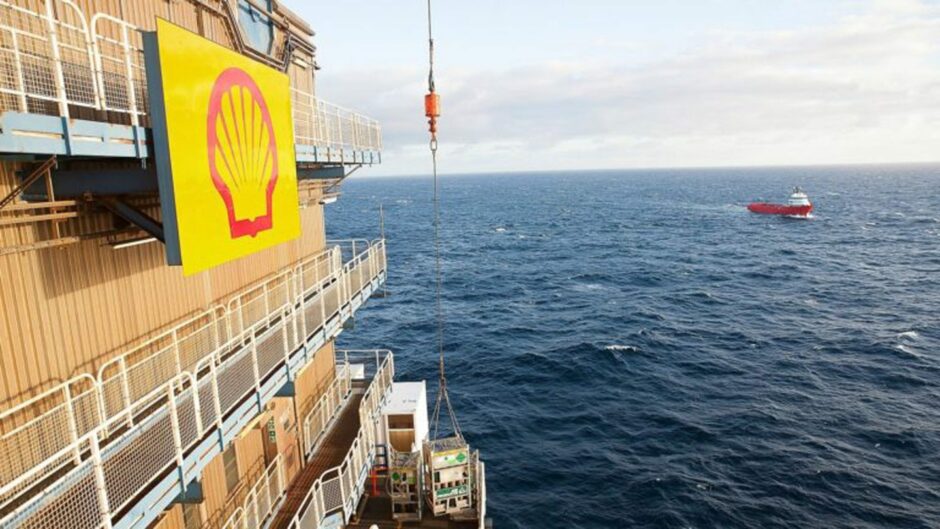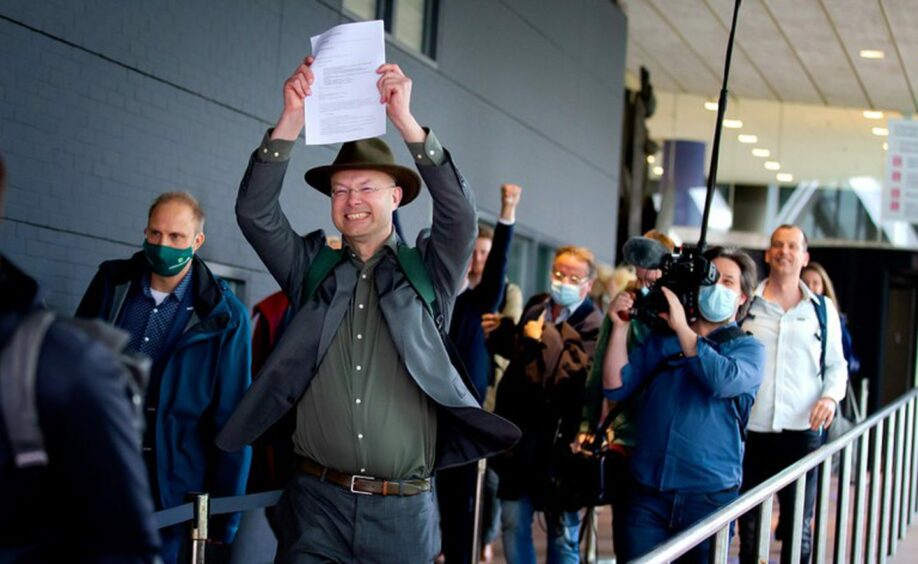
Companies are under increasing social, economic and regulatory pressure to contribute to the reduction of carbon emissions. In particular NGOs are trying to exert additional pressure by undertaking legal action. Such climate change litigation typically aims to force businesses to reduce emissions, pay for damages caused or take steps to mitigate the effects of climate change. The global number of climate change litigation cases is increasing rapidly as public awareness of climate change and its consequences increases, too.
A landmark decision was taken by the Hague District Court in May 2021 ordering Shell (LON: SHEL) to reduce CO2 emissions of the Shell group, its suppliers and customers by 45% in 2030 compared to 2019 levels. The court argued that CO2 emissions contribute to global warming which in turn cause serious human rights risks, and that companies have a duty to respect human rights (rather than endanger them). It considered that Shell’s emission reduction plan was in breach of its obligations to reduce its own CO2 emissions and use its influence to get business partners to reduce their CO2 emissions. Shell appealed against this decision which is provisionally enforceable, nevertheless. Appeal proceedings are still ongoing, dealing also with procedural issues.
The ruling of the Hague District Court is heavily disputed, and it is open for debate as to whether it will be finally upheld. But regardless of the final outcome the ruling was already a trigger for both extensive media coverage and similar actions against companies in further European jurisdictions. Since the provisions of Dutch tort law which the claimants relied upon in the Shell case are unparalleled in other national tort laws, the ruling cannot be easily referred to in other jurisdictions. For example, actions brought forward against several German car manufacturers in 2021 seeking to prevent the production of vehicles with combustion engines from 2030 were dismissed by German courts in the first instance. Claimants appealed these decisions.
For the time being it remains uncertain as to what extent companies are obliged to reduce emissions under general tort law. This might also depend on which national law is applicable. Beyond that, new specific legislation is to be expected, in particular in the European Union. Only recently, the EU Corporate Sustainability Reporting Directive came into force. After certain transitional periods, in particular large companies based in the EU, but also certain non-EU companies doing business in the EU, will have to describe their plans to ensure that business model and strategy are compatible with the transition to a sustainable economy, including limiting global warming to 1.5 °C and achieving climate neutrality by 2050, in their annual accounts. Additionally, the EU Commission proposed a Corporate Sustainability Due Diligence Directive which would oblige certain EU and non-EU companies to adopt respective transition plans. The proposal also provided for explicit sustainability-related duties of board members, but this is heavily debated.
Meanwhile, NGOs started to sue not only companies but also board members based on general company law, targeting their personal liability. Again, Shell finds itself on the front line. In 2023, an NGO took derivative action in the UK to compel Shell’s board members to act in the best long-term interests of the company by strengthening its climate plans, arguing that Shell’s board members are in breach of legal duties due to mismanaging climate risk, but also non-compliance with the aforementioned Dutch ruling. Recently the High Court refused permission to continue the claim and argued, inter alia, that English law does not require board members to follow foreign court orders. Plaintiff challenged the decision and an oral hearing was granted.
Obviously, these disputes shall attract public attention and, thus, do not stay in courtroom. At Shell’s AGM, apart from protests of climate activists, it was disputed even among institutional shareholders whether Shell should commit to more ambitious reduction targets. A respective resolution proposal won 20% of the votes while 80% were in support of Shell’s climate strategy. Shell said it had a clear target to become a net-zero emissions energy business by 2050, whereas dissenting shareholders were concerned, particularly due to oil and gas boom and record profits in 2022, that Shell would not reduce emissions sufficiently by 2030, amongst other things. All this suggests a complex relationship between short-term and long-term needs and expectations.
Recommended for you

 © Supplied by FOE
© Supplied by FOE